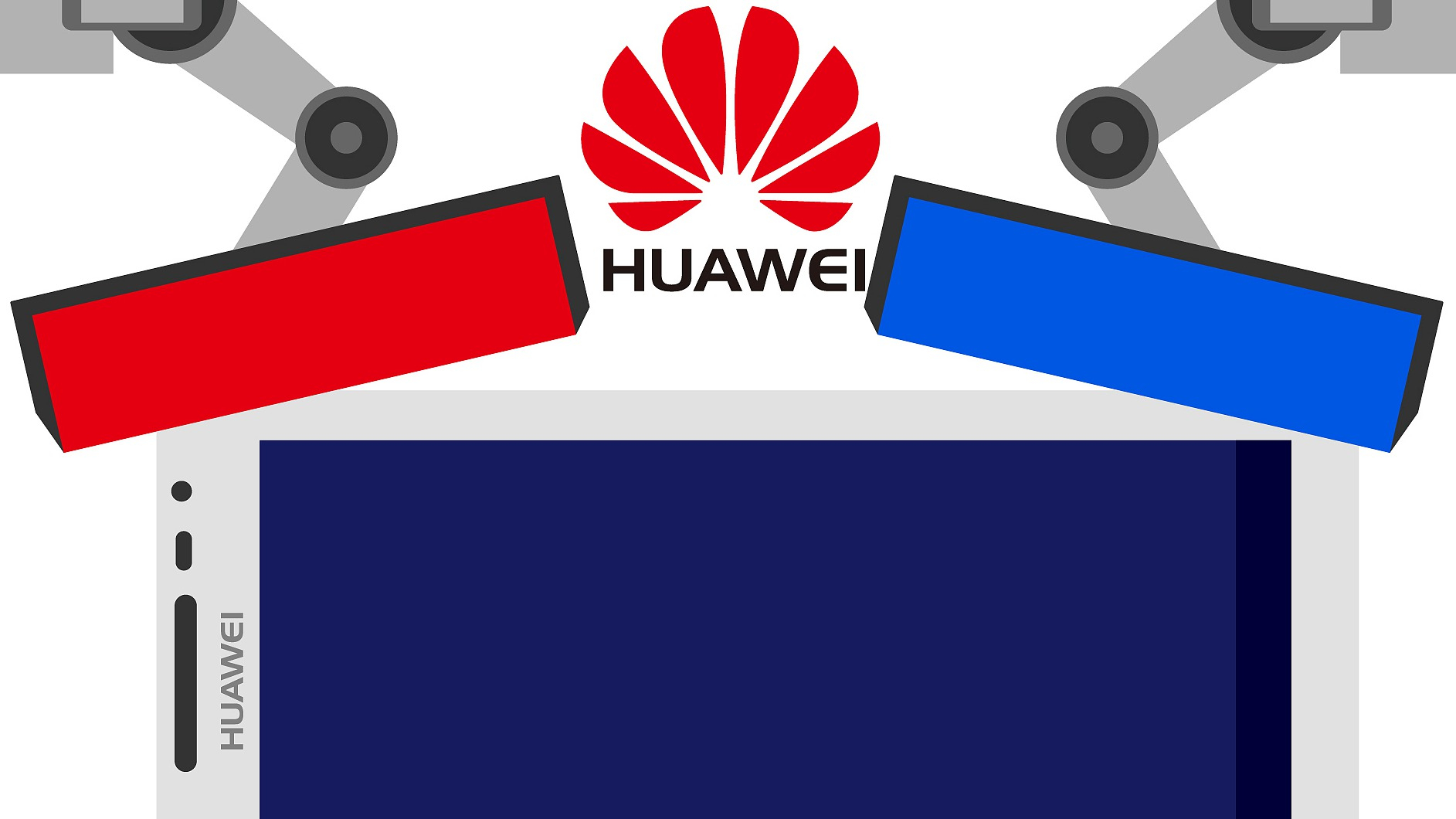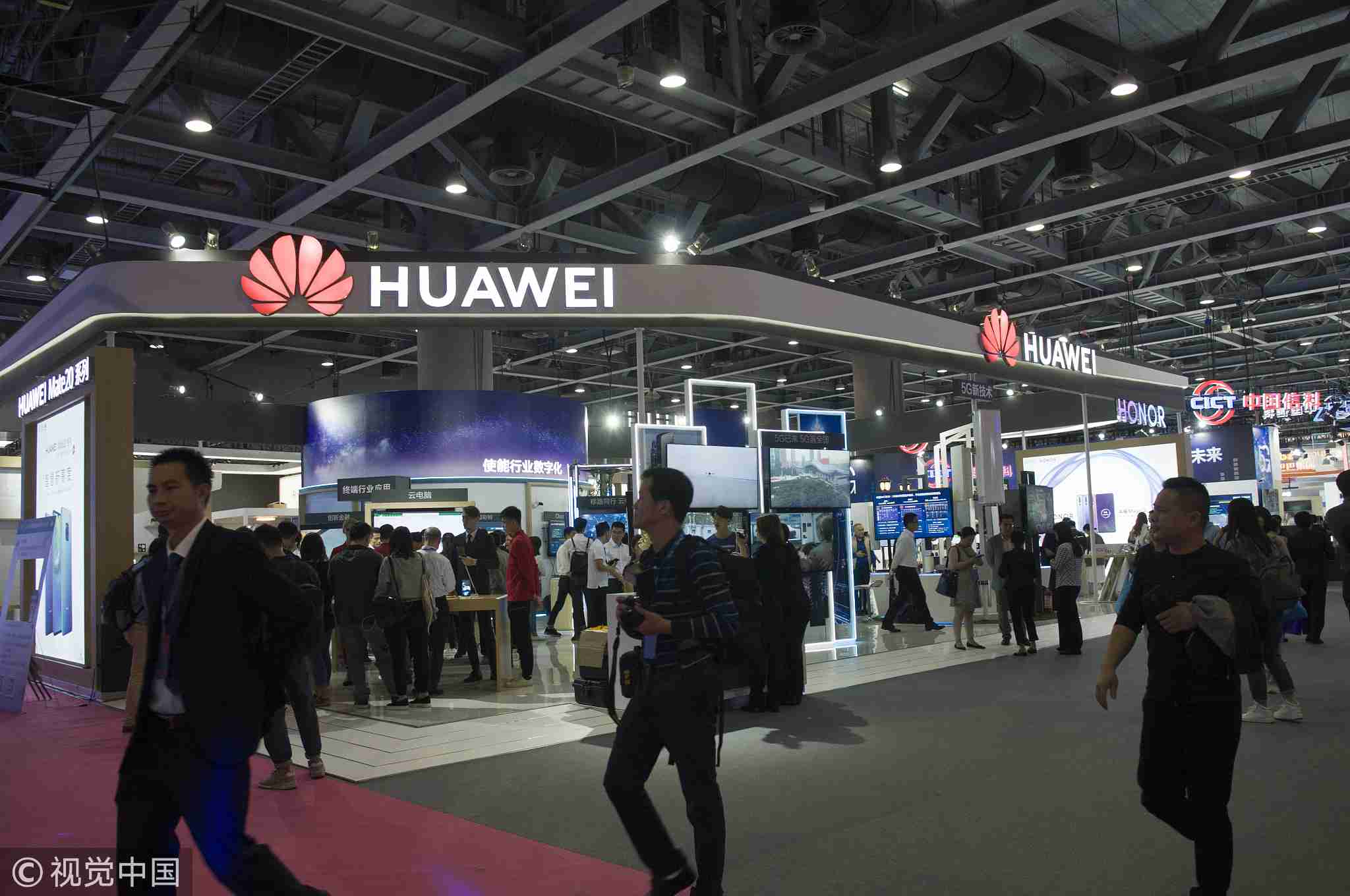
Opinions
09:14, 07-Dec-2018
The long reach of U.S. sanctions is another step towards hegemony
Updated
08:24, 10-Dec-2018
Zhang Linzhu

Editor's Note: Zhang Linzhu is a finance lawyer with JunZeJun Law Offices. The article reflects the author's views, and not necessarily those of CGTN.
The arrest of Huawei CFO Meng Wanzhou by the Canadian government upon the U.S. government's request is reminiscent of a case occurred on March 19, 2016, when prominent Turkish businessman Reza Zarrab was arrested upon his arrival in Florida from Istanbul for a Disney World vacation with his wife and daughter.
Zarrab was accused of enabling transactions on behalf of Iran through the U.S. financial system, effectively evading sanctions. Meng is reportedly implicated by Huawei's alleged violation of U.S. sanctions on Iran and thus is likely to face similar charges.
Why can U.S. sanction laws easily implicate foreign nationals? Legislators drafted all-inclusive provisions and judges adopted a fairly low bar when interpreting statutes.
According to the Code of Federal Regulations, the exportation, reexportation, sale, or supply, directly or indirectly, from the United States, or by an American national, wherever located, of any goods, technology, or services to Iran is prohibited, as so are transactions evading or attempting at evading Iranian sanctions. The wording of the rules is quite open-ended, indicating the legislators' intention to encapsulate as many activities as possible.
The provision contains a requirement for a U.S. nexus – a defendant must either be a U.S. person or act as a bridge between the U.S. and Iran. The latter requirement is extremely easy to satisfy as can be shown by the reasoning of Judge Richard Berman of the Southern District of New York when he denied Zarrab's objection to jurisdiction.

A Huawei booth in Guangzhou, Guangdong Province, China, December 6, 2018. /VCG Photo
A Huawei booth in Guangzhou, Guangdong Province, China, December 6, 2018. /VCG Photo
Firstly, the Judge found that even if a foreign national's only "exportation of services from the United States" is a money transfer through a U.S. bank, it is sufficient to constitute the U.S. nexus as required by aforementioned provisions. This set the threshold to establish a domestic nexus in a case against a foreign national as low as it had ever been.
Secondly, the Judge suggested that certain U.S. criminal sanctions laws could be applied far beyond U.S. borders, potentially even in cases where U.S. prosecutors fail to clearly establish any nexus between the criminal allegations in the indictment and the United States.
While Judge Berman found a sufficient domestic nexus in the case against Zarrab, he went on to state that certain U.S. sanctions laws apply extraterritorially and support a U.S. court's jurisdiction where the "law at issue is aimed at protecting the right of the government to defend itself." This judicial opinion on the topic of extraterritoriality further illustrates that the reach of U.S. sanctions law never ceases extending.
It is noteworthy that avoidance of sanction laws is not the only legal basis on which the U.S. can build a case against Meng. Code of Laws of the United States may be cited to indict her of conspiring to defraud the U.S. and impede the lawful functions of the United States Department of Treasury to implement sanctions, just like what happened to Zarrab.
Worse still, the USA Patriot Act may also be invoked, which provides that anyone who commits or conspires to undertake outside the U.S. a fraudulent activity which would be an offense if conducted in the U.S. will be prosecuted.
It is explicitly stated in the statute that activities outside the U.S. carried out by non-U.S. nationals are also subjected to the USA Patriot Act and prosecuted under U.S. Code of Laws, a set of rules dealing with fraud in connection with access devices, which also has a broad definition, including not only debit and credit cards but also any code or account number.

Huawei's advertisement board at Piazza di Spagna, Madrid, Spain, June 3, 2018. /VCG Photo
Huawei's advertisement board at Piazza di Spagna, Madrid, Spain, June 3, 2018. /VCG Photo
This means that merely using a U.S. bank to pay or receive money can implicate Meng, who as Huawei's CFO probably manages at least indirectly Huawei's certain U.S. bank accounts.
The long reach of U.S. domestic laws is unfair and unreasonable under customary international law, but the political and economic strengths of the U.S. deprived grieved nations of effective remedies.
Under customary international law, the assertion of extraterrestrial jurisdiction is permissible under the "universal" principle which authorizes a state to prosecute certain extraterritorial offenses recognized by the community of nations as of universal concern.
In reality, such a standard is seldom if not never met by the U.S., which is criticized by France, Russia, China, and other countries, but the U.S. keeps expanding the long reach.
Can the U.S. legal system "ultimately reach a just conclusion" as Huawei believes?
Huawei's spokesperson said the firm "believes the Canadian and U.S. legal systems will ultimately reach a just conclusion". However, the track record of the U.S. legal system seems to indicate a contrary scenario.
The Southern District of New York, one of the most influential and active federal district courts in the U.S., already created jurisprudence with a strong patriotic flavor when deciding the case against Zarrab. In doing this, U.S. judges showed little concerns about the country's potential erosion of the sovereignty of other countries.
Against the backdrop of the trade war, the U.S. judicial system may also help impose the U.S. economic hegemonic agenda on top of its political one, as we can learn from the discrepancies between U.S. and EU judges on Boeing's acquisition of McDonnell Douglas back in late 1990s.
Huawei owns 14.77 percent of standard-essential patents for 5G, only 0.05 percent lower than Qualcomm. Given the above, U.S. sanctions are a step forward to hegemony, of which the whole world must be on high alert.
(If you want to contribute and have specific expertise, please contact us at opinions@cgtn.com.)

SITEMAP
Copyright © 2018 CGTN. Beijing ICP prepared NO.16065310-3
Copyright © 2018 CGTN. Beijing ICP prepared NO.16065310-3